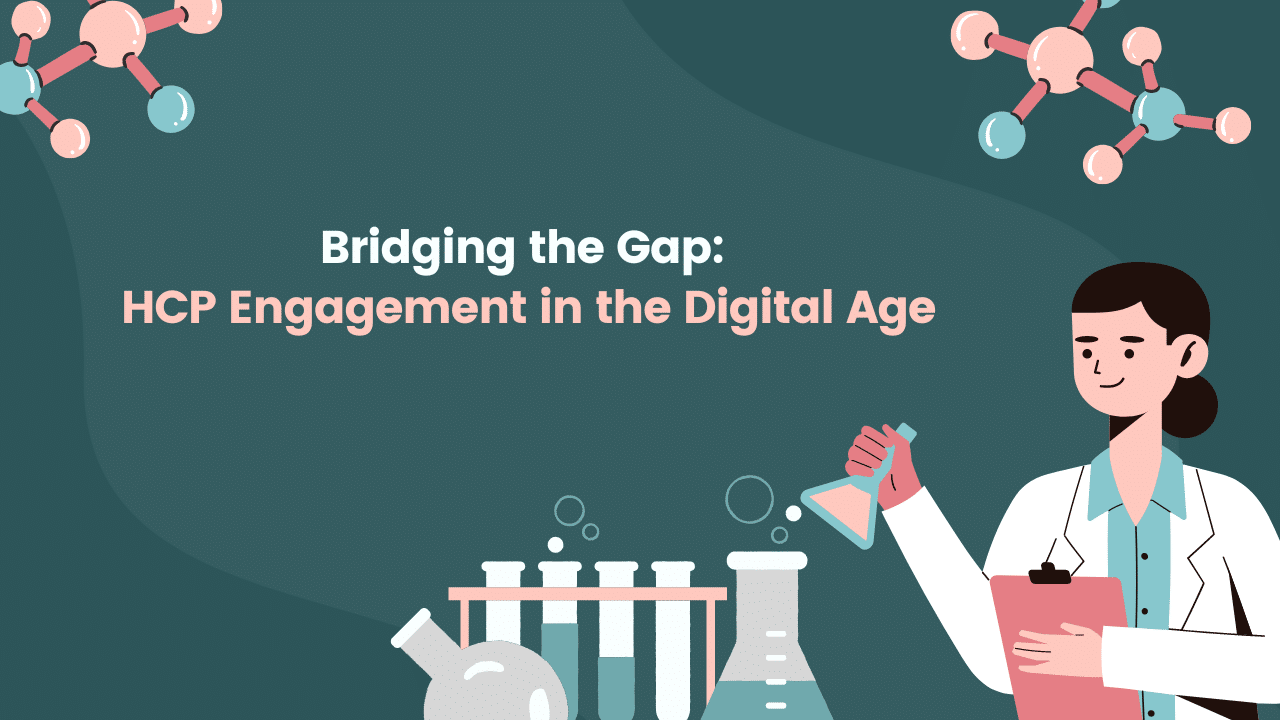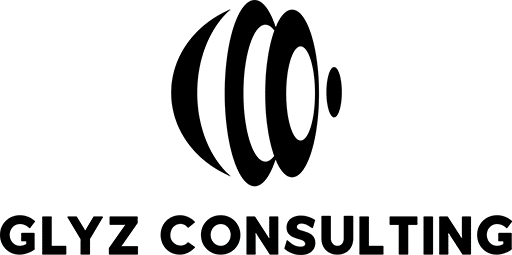
How Pharma Companies Can Enhance HCP Engagement in the Digital Age
In an era where technology is reshaping every facet of our lives, the pharmaceutical industry finds itself at a pivotal crossroads. The traditional methods of engaging with healthcare professionals are no longer sufficient in meeting the evolving needs of today’s medical community.
This blog post delves into the current challenges faced by pharma companies in reaching HCPs, explores the underlying reasons for these gaps, and offers strategic solutions to foster more meaningful and effective engagements.
The Landscape of Pharma-HCP Engagement is Changing
The relationship between pharmaceutical companies and healthcare professionals has historically been built on face-to-face interactions, conferences, and printed literature. However, the rapid advancement of digital technologies, coupled with the increasing demands on HCPs’ time, has significantly altered this dynamic.
Why Is This Shift Happening?
-
Digital Revolution: The proliferation of digital tools and platforms has transformed how information is consumed and shared. HCPs now have access to a vast array of online resources that offer instant, up-to-date medical information.
-
Time Constraints: With growing patient loads and administrative responsibilities, HCPs have less time for traditional engagement methods. They seek quick, efficient ways to access relevant information.
-
Personalization Demand: HCPs expect interactions that are tailored to their specific needs, specialties, and interests. Generic communication no longer captures their attention.
Understanding these changes is crucial for pharma companies aiming to maintain relevance and effectiveness in their engagement strategies.

Current Market Needs from HCPs
Before addressing the gaps, it’s essential to comprehend what HCPs are looking for in today’s market:
1. Efficient Access to Information
HCPs need immediate access to the latest research, clinical guidelines, and drug information. They prefer digital platforms that allow them to find what they’re looking for quickly, without unnecessary hurdles.
2. Relevant and Personalized Content
With the overwhelming amount of information available, HCPs value content that is specifically relevant to their practice. This includes updates on new treatments in their specialty, patient education materials, and case studies that reflect their clinical experiences.
3. Flexible Communication Channels
Traditional office visits are often inconvenient for HCPs. They prefer flexible communication options, such as emails, webinars, and online chats, which they can engage with at their convenience.
4. Collaborative Opportunities
HCPs are interested in collaborative relationships where they can contribute their expertise, participate in research, and engage in peer-to-peer learning.
5. Transparency and Trust
In an age where misinformation is rampant, HCPs place a high value on transparent and trustworthy information. They expect pharma companies to provide unbiased data and be upfront about the benefits and risks of their products.
Key Gaps in Pharma's Current Engagement Strategies
Despite the clear needs expressed by HCPs, many pharma companies struggle to meet these expectations. Several key gaps have been identified:
1. Outdated Communication Methods
Many companies still rely heavily on traditional methods, such as in-person visits and printed materials, which are less effective in reaching busy HCPs who prefer digital interactions.
2. Lack of Personalization
Mass marketing campaigns and generic messaging fail to resonate with HCPs seeking information pertinent to their specific field and patient population.
3. Limited Digital Presence
A reluctance to fully embrace digital platforms means pharma companies miss out on opportunities to engage with HCPs on channels they frequently use.
4. Reactive Engagement Approach
Waiting for HCPs to initiate contact or only reaching out during product launches results in missed opportunities for building ongoing relationships.
5. Insufficient Collaboration Opportunities
Without providing avenues for HCPs to actively participate in research or advisory roles, companies miss the chance to foster deeper connections and gather valuable insights.
Strategies to Overcome Engagement Challenges
To bridge these gaps, pharma companies need to adopt a more proactive, personalized, and digitally savvy approach. Here’s how:
1. Embrace Digital Transformation
Scenario: Dr. Smith, a cardiologist, has limited time between patient appointments but needs to stay updated on the latest treatments for heart failure.
-
Develop User-Friendly Digital Platforms: Create websites and apps that provide easy access to medical literature, clinical trial results, and product information. Ensure these platforms are mobile-friendly and intuitive.
-
Leverage Virtual Events: Host webinars, virtual conferences, and live Q&A sessions that HCPs can attend remotely, providing valuable content without the need for travel.
-
Utilize Social Media and Professional Networks: Engage with HCPs on platforms like LinkedIn and specialized networks such as Doximity, where they already spend time connecting with peers.
2. Personalize Communication Efforts
Scenario: Dr. Lee, an oncologist, receives numerous emails daily but only opens those that directly relate to her area of expertise.
-
Segment Your Audience: Use data analytics to categorize HCPs based on their specialty, interests, and previous interactions. This allows for targeted messaging that is more likely to engage the recipient.
-
Tailor Content Delivery: Customize emails, newsletters, and digital content to address the specific needs and challenges faced by different HCP segments.
-
Implement Feedback Mechanisms: Provide easy ways for HCPs to indicate their content preferences, ensuring future communications are even more relevant.
3. Foster Collaborative Relationships
Scenario: Dr. Martinez is interested in contributing to clinical research but doesn’t know how to get involved with pharma companies.
-
Establish Advisory Panels: Invite HCPs to join panels where they can provide input on product development, marketing strategies, and patient support programs.
-
Offer Research Partnerships: Collaborate with HCPs on clinical trials or observational studies, providing resources and support while benefiting from their frontline insights.
-
Support Continuing Education: Sponsor CME courses, workshops, and seminars that help HCPs stay current in their field, demonstrating a commitment to their professional growth.
4. Build Trust Through Transparency
Scenario: Dr. Nguyen is skeptical of new medications due to past experiences with incomplete data disclosures.
-
Provide Comprehensive Data: Share full study results, including adverse events and limitations, to allow HCPs to make informed decisions.
-
Communicate Openly: Be honest about product capabilities and avoid overstating benefits. Transparency fosters credibility and long-term trust.
-
Ensure Compliance and Ethics: Adhere strictly to industry regulations and ethical guidelines in all communications and interactions.
5. Utilize Advanced Data Analytics
Scenario: PharmaCo wants to improve its engagement but isn’t sure which strategies are most effective.
-
Analyze Engagement Metrics: Use analytics tools to track which communications are opened, which links are clicked, and how HCPs interact with digital platforms.
-
Adjust Strategies Accordingly: Use these insights to refine messaging, delivery times, and content types to maximize engagement.
-
Predictive Modeling: Employ data to anticipate HCP needs and proactively provide resources before they even request them.
Putting Strategies into Action
Implementing these strategies requires a thoughtful approach:
Step 1: Assess Current Engagement Efforts
-
Conduct an internal audit to identify what’s working and where improvements are needed.
-
Gather feedback from HCPs to understand their perceptions and preferences.
Step 2: Develop a Comprehensive Plan
-
Set clear objectives aligned with both company goals and HCP needs.
-
Allocate resources for digital tools, content creation, and training.
Step 3: Implement and Monitor
-
Roll out new platforms and communication strategies in phases.
-
Monitor engagement metrics and gather ongoing feedback.
Step 4: Refine and Evolve
-
Use data insights to continually adjust and improve strategies.
-
Stay abreast of technological advancements and industry trends to remain competitive.

Takeaway
The evolving needs of healthcare professionals present both a challenge and an opportunity for pharmaceutical companies. By understanding these needs and adapting engagement strategies accordingly, pharma companies can build stronger, more collaborative relationships with HCPs.
These efforts not only enhance the company’s reputation and effectiveness but ultimately contribute to better patient outcomes, a shared goal that lies at the heart of the healthcare industry.
Ready to enhance your engagement with HCPs?
Start by evaluating your current strategies and consider how a more personalized, digital, and collaborative approach could make a difference. Together, you can bridge the gap and pave the way for a more connected and effective healthcare ecosystem.
Additional Resources
- Digital Engagement Platforms: Veeva CRM, Salesforce Health Cloud
- Professional Networks for HCPs: Doximity, Sermo
- Continuing Medical Education: Medscape Education, CME Resources
Let's Connect
We invite you to share your thoughts and experiences on this topic.
- How is your organization adapting to the changing needs of HCPs?
- What strategies have you found effective?
Let’s collaborate to enhance engagement and make a lasting impact on healthcare.
About Glyz Consulting
We’re specialist in pharma industry digital marketing and customer engagement. At Glyz Consulting we are passionate about bridging the gap between pharmaceutical companies and healthcare professionals. With more than 65+ years of combined experience in crafting strategies that resonate with HCPs, we aim to foster collaborations that ultimately benefit patient care.
Glyz Consulting – Your Parther in Business Excellence
glyzconsulting.com | contact@glyzconsulting.com


